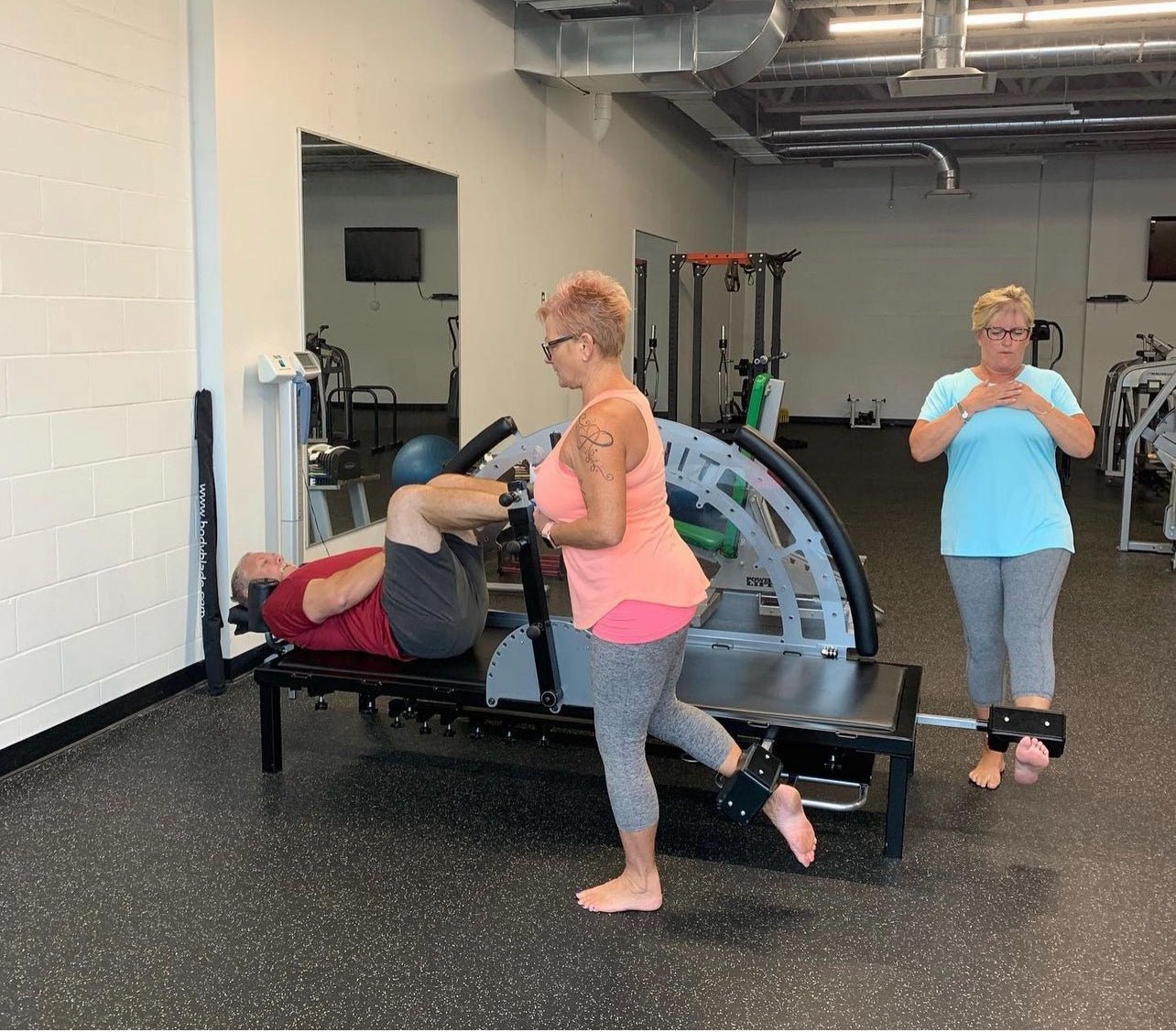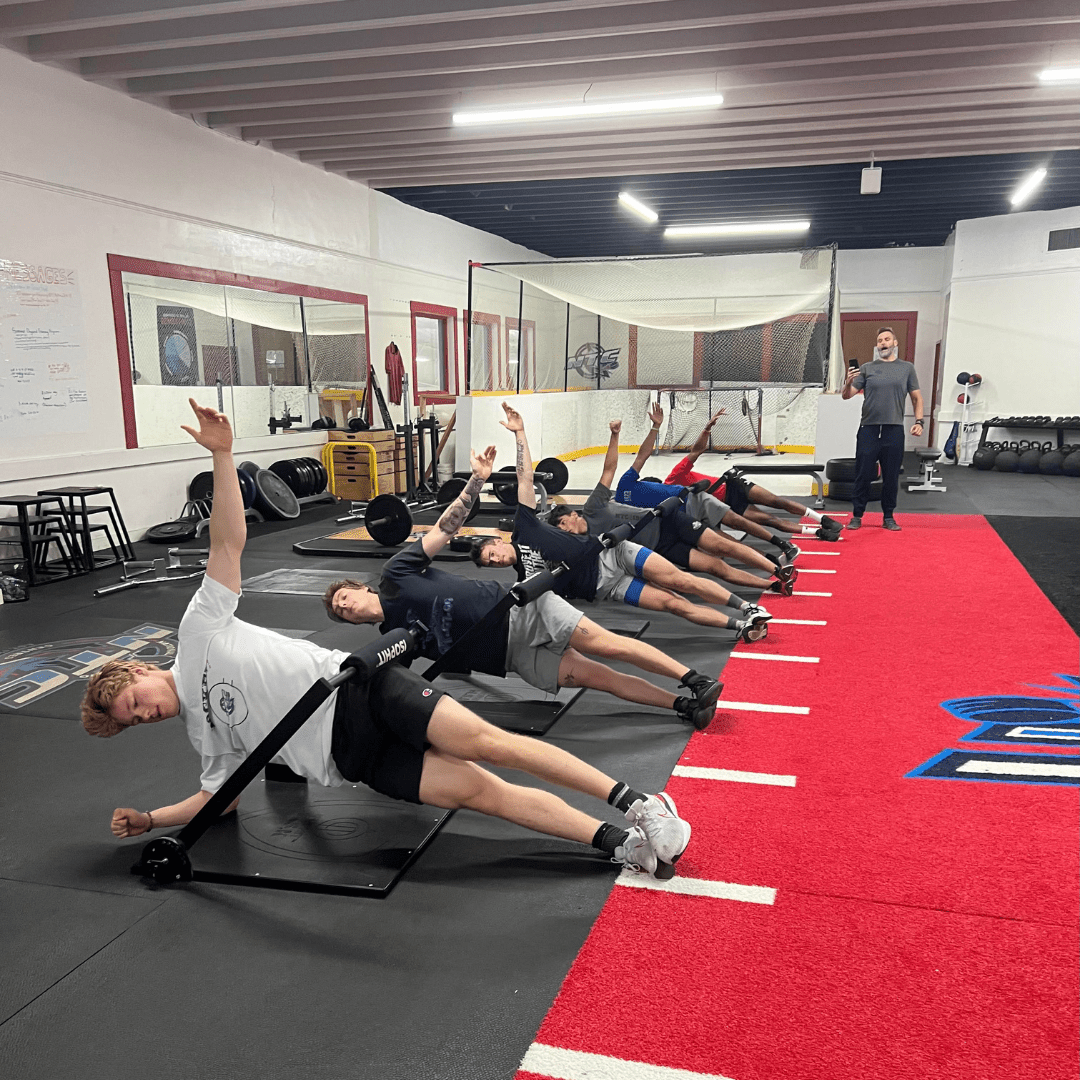Suicide, a distressing societal issue, is the leading cause of death among young adults aged 25-44. It is a grave public health concern that reverberates across communities, impacting individuals, families, and society at large. It has been estimated that for each individual who dies by suicide, more than 100 people are directly affected, including family members, friends, coworkers, and community members. This ripple effect leads to a wide range of emotional, economic, and societal repercussions, further emphasizing the importance of suicide prevention.
New research published in the British Medical Journal brings to light a potential relationship between isometric muscle strength during adolescence and suicide risk later in life. A comprehensive study involving over one million male participants aged 16-19, aimed to examine the impact of muscle strength on premature mortality (<55 years), including cause-specific deaths such as suicide. The results suggest that weaker adolescents may be at a higher risk of life-threatening outcomes.
Read the Study: Muscular strength in male adolescents and premature death: cohort study of one million participants
During a median follow-up period of 24 years, the study discovered that suicide, surprisingly, was a more prevalent cause of premature death (22.3%) than cardiovascular diseases (7.8%) or cancer (14.9%). The isometric strength of the participants during adolescence, measured using knee extension and handgrip tests, showcased a remarkable correlation with suicide rates in their later life. Those who demonstrated higher muscle isometric strength had a 20-30% lower risk of death by suicide, providing an intriguing link between isometric strength and mental health outcomes.
Furthermore, those with higher isometric muscle strength in their teenage years were 15-65% less likely to receive any psychiatric diagnoses such as mood disorders or schizophrenia. This observation, although it doesn't imply causality, emphasizes the need to consider physical health as a potential factor in mental health prognosis.
This study provides compelling evidence that poor isometric muscle strength in adolescence could be an emerging risk factor for suicide. While this doesn't constitute a cause-effect relationship, it underscores the importance of comprehensive adolescent health programs that emphasize both physical and mental wellbeing. It serves as a call to action for further research into the physiological underpinnings of mental health conditions, which could open new avenues for prevention and treatment strategies.
For further information on Isophit and its profound impact on functional health and performance, visit our website at www.isophit.com or reach out to me via my email at brad@isophit.com.
Yours in Isometric Strength,
Brad Thorpe
CEO / Inventor
Isophit










Share:
Isophit: There’s a New King of Torque Production. Long Live Isometrics!
Isophit: Could Building Isometric Neck Strength Help Migraine Sufferers?